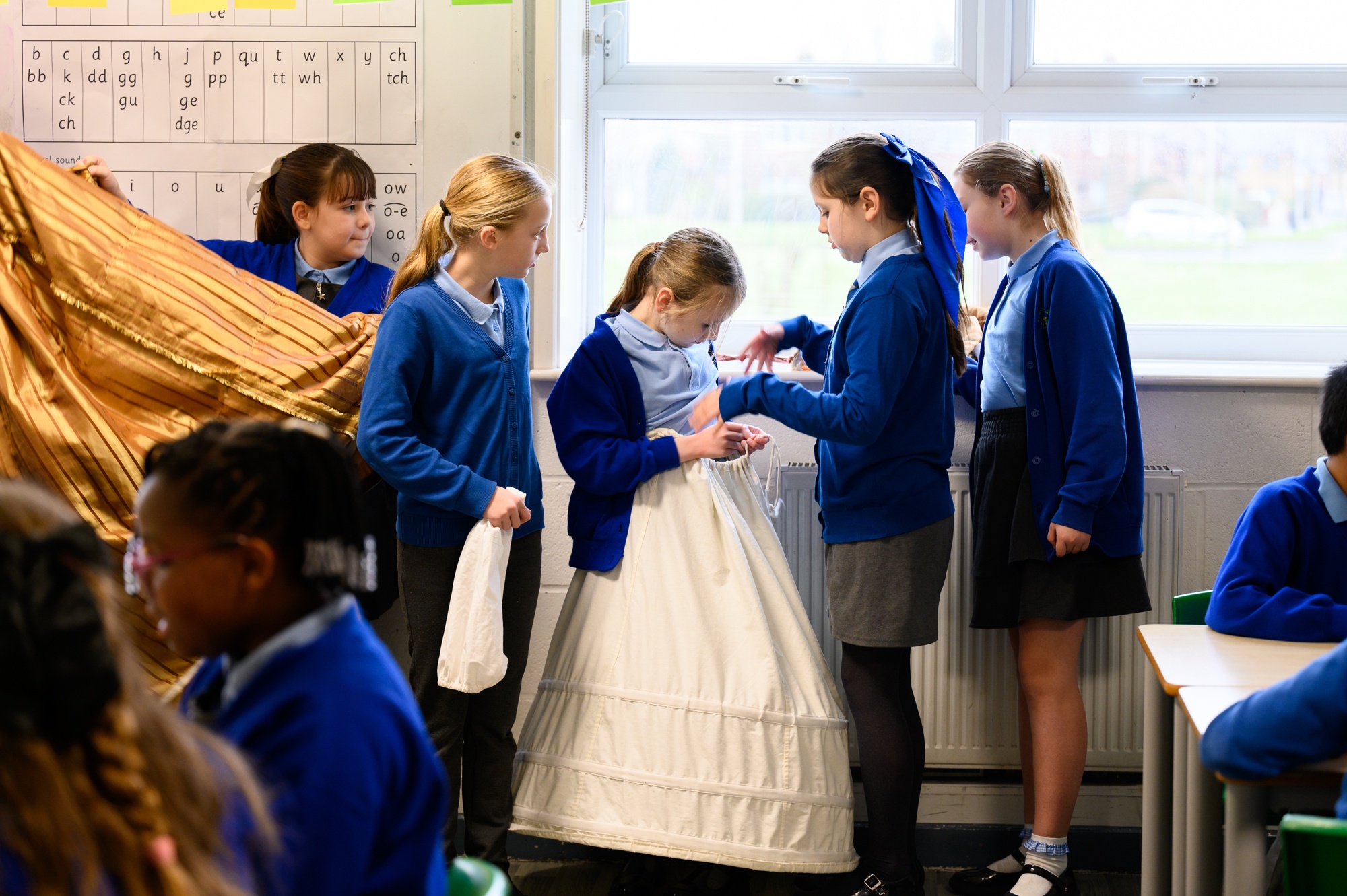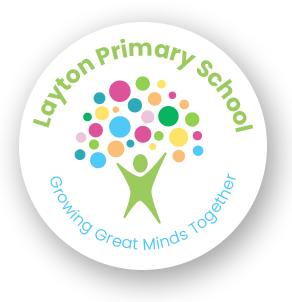History
"The more pupils know about the past, the better prepared they are for the future"
Theodore Roosevelt

At Layton, we aim to develop all of our children into budding historians. Through prioritising both subject knowledge and critical thinking skills, we aim for our pupils to understand and think critically about humanity and human culture over time. Children will develop an understanding of key individuals, events and eras throughout time and across the globe, using our bespoke curriculum. History is taught through concepts (e.g. understanding chronology, communicating historically) and categories (e.g. society, conflict, food and farming), in order to make links across eras, comparing and contrasting the different cultures they have studied. We aim for our pupils to not just know and remember more, but to be able to analyse and make judgements about what they have learnt.
In order to develop a secure sense of chronology, our curriculum is taught sequentially throughout Key Stage One, and again in Key Stage Two, thus ensuring children have a clear overview of humanity throughout time. Throughout their learning in history, pupils are exposed to a variety of primary and secondary sources, as well as a range of activities designed to broaden children’s cultural capital: local area visits, museum trips and themed history days are just some of the experiences pupils at Layton are entitled to.
Within each civilisation taught, each of our key categories will be studied, creating a ‘spiral curriculum’ in which prior knowledge is constantly revisited, further embedding past learning and using it as a springboard to think critically. Pupils may, for example, debate whether the Romans and Greeks had the exact same religious beliefs, or whether the Ancient Egyptians or Aztecs had the most efficient farming methods. Alongside subject knowledge, children develop their disciplinary knowledge, analysing historical sources and their authenticity and usefulness, and learning to communicate historically using this evidence, both verbally and as written answers.
Our pupils thus leave Layton equipped with both the skills and knowledge needed for further success in secondary school. Not only do they have a strong knowledge base to build upon in Key Stage Three and beyond, they are also curious and inquisitive, with the skills to both ask and answer increasingly difficult, critical questions. They are able to apply both their subject and disciplinary knowledge to make informed, balanced judgements about the past, and understand how the past influences the future.
